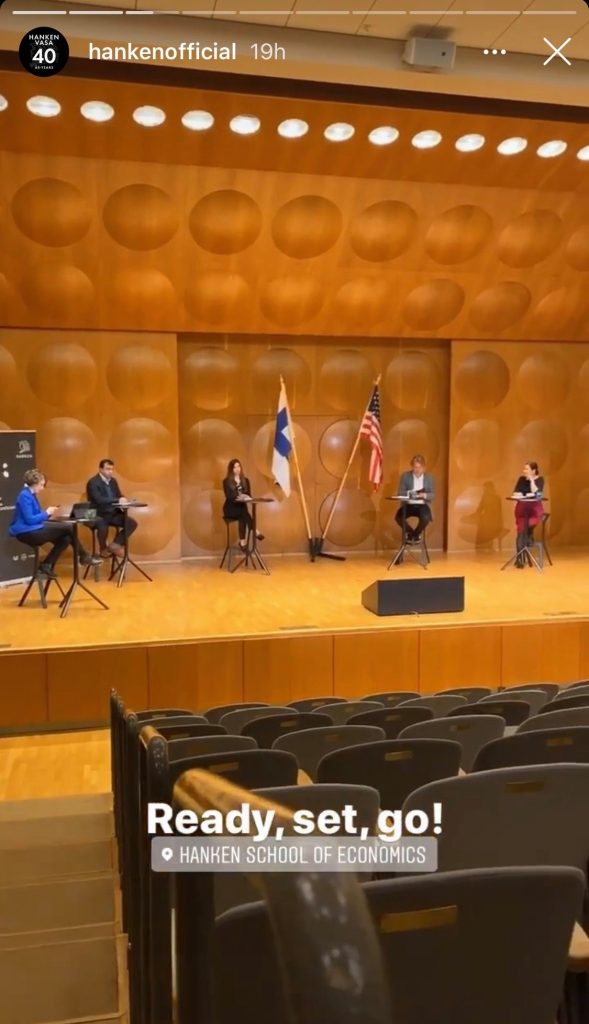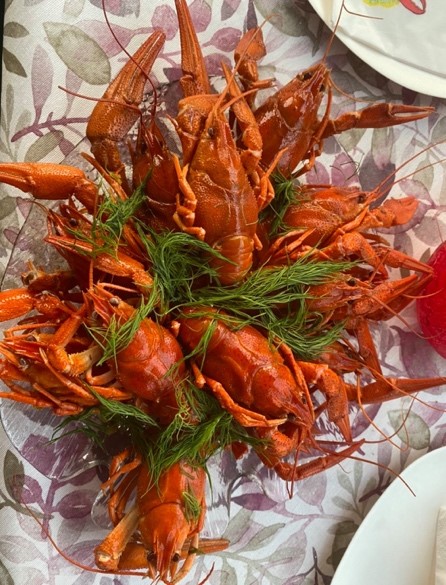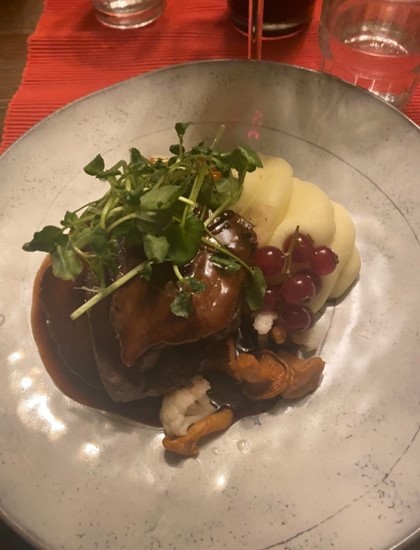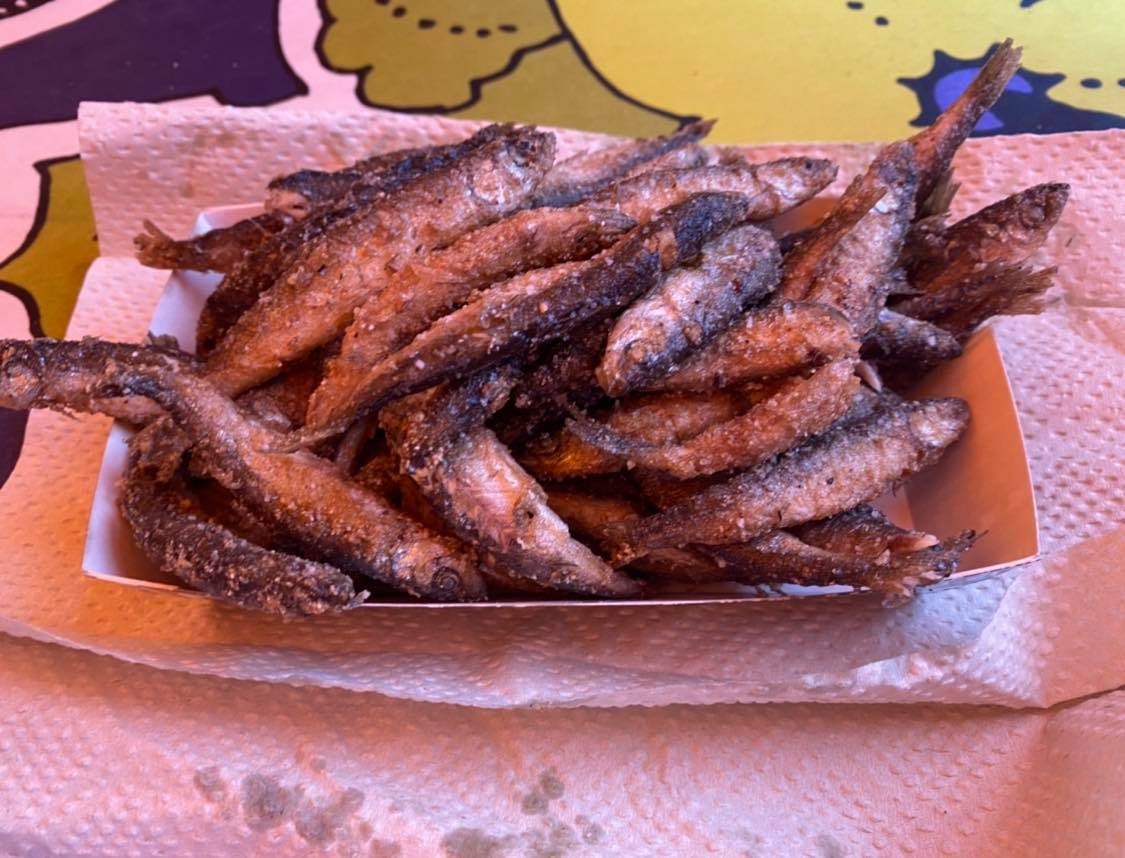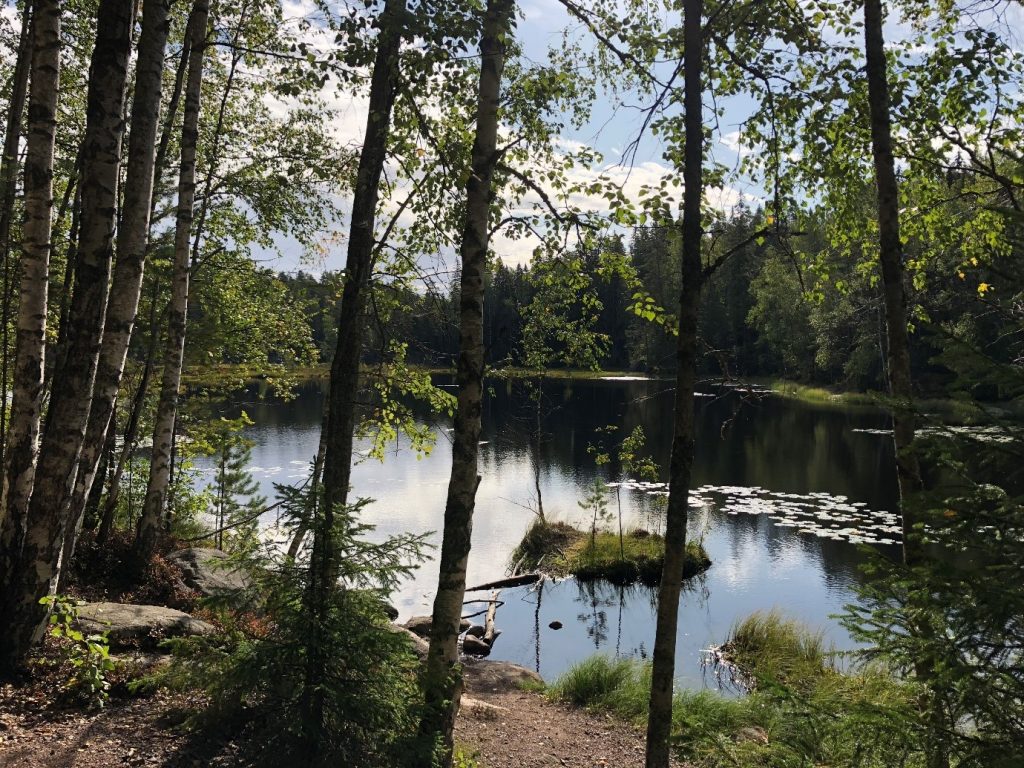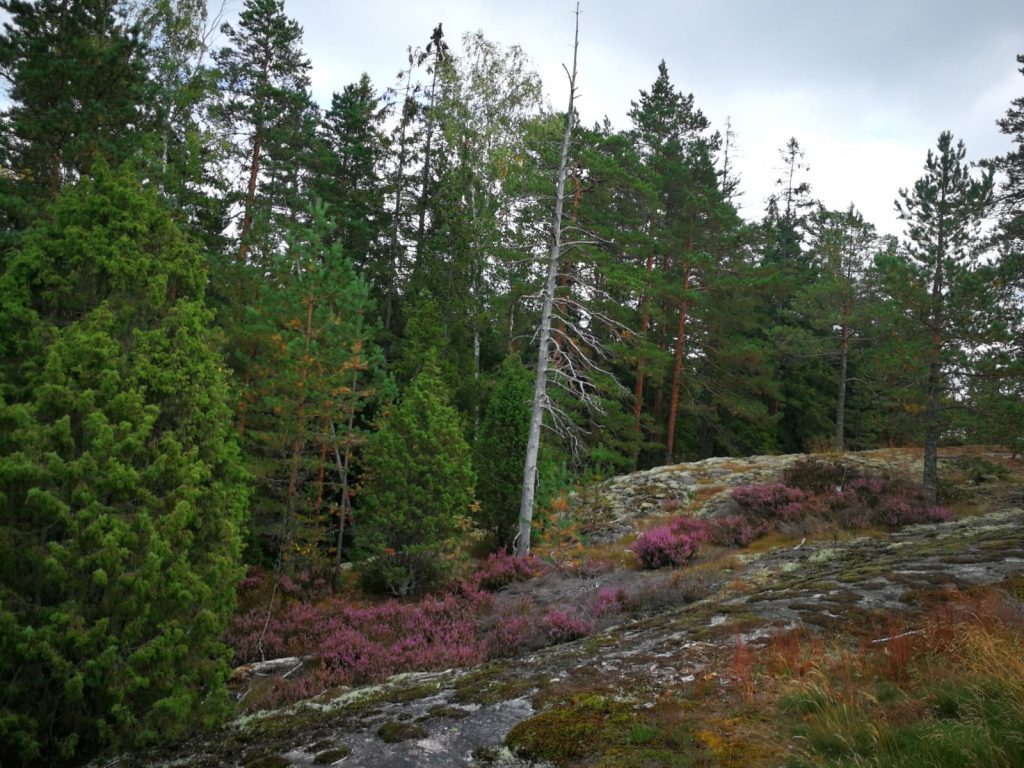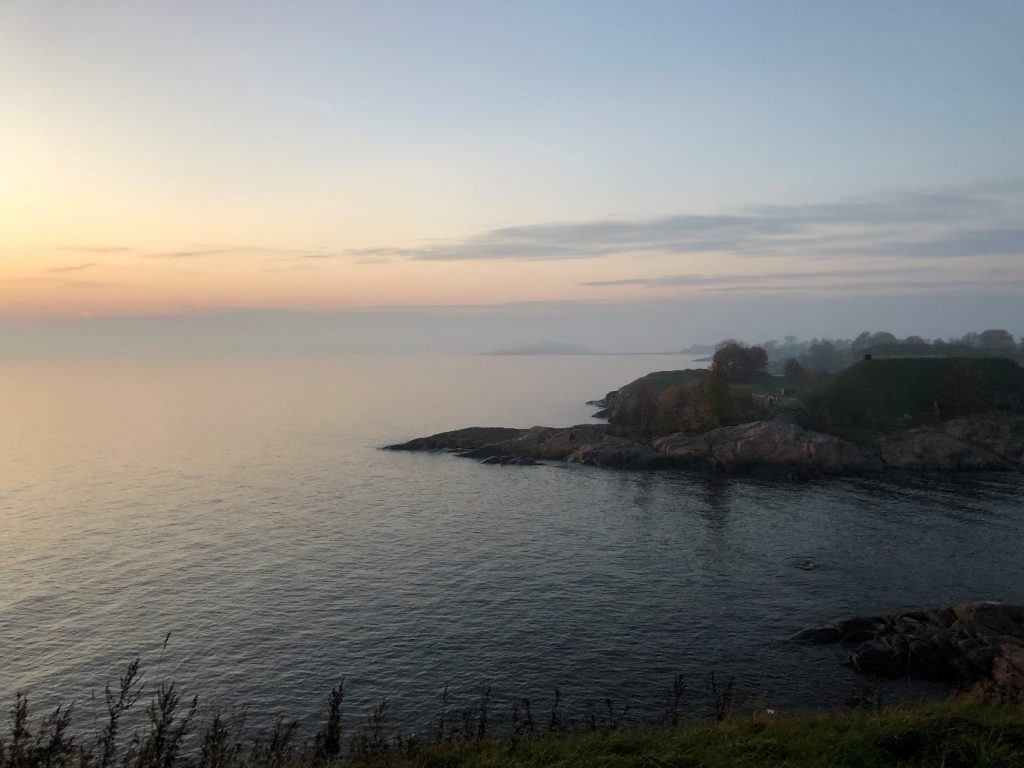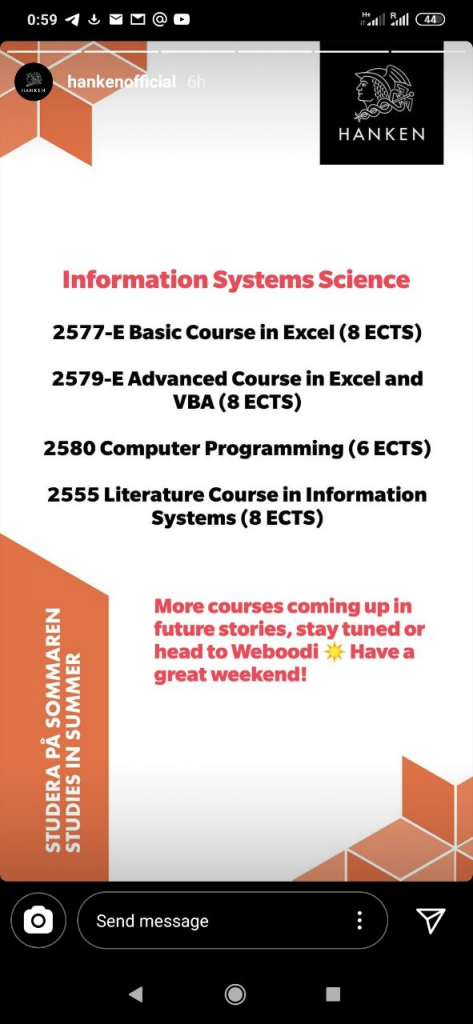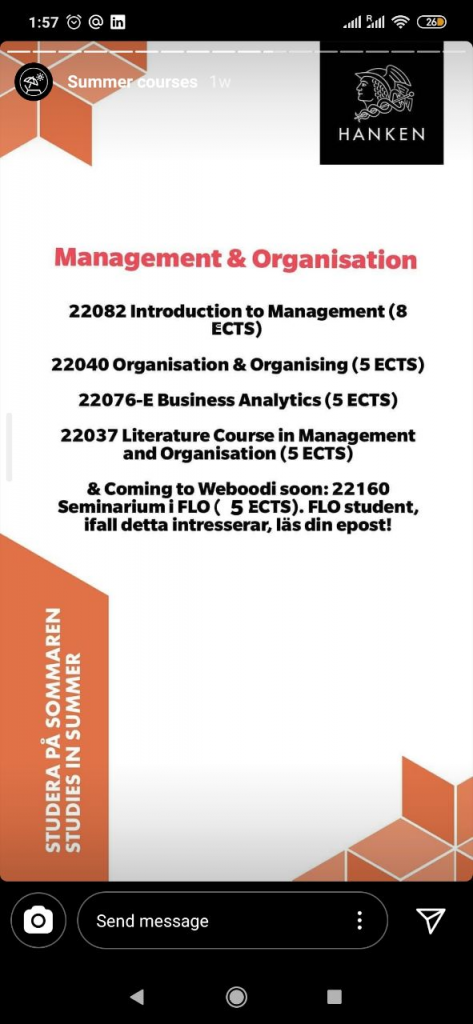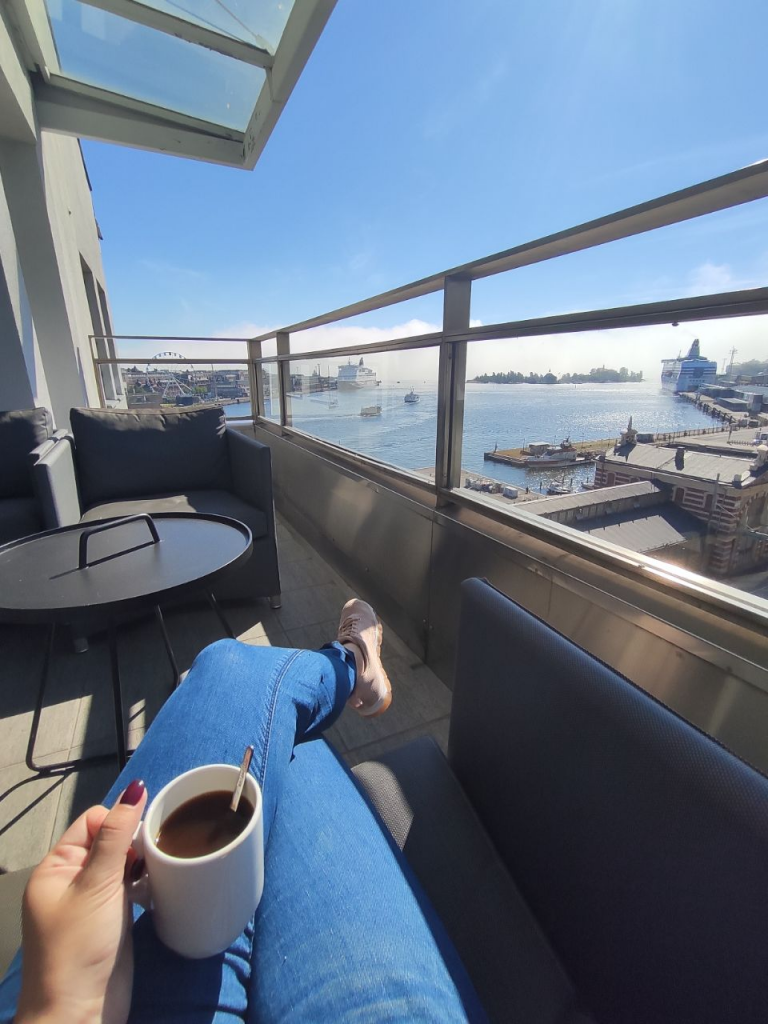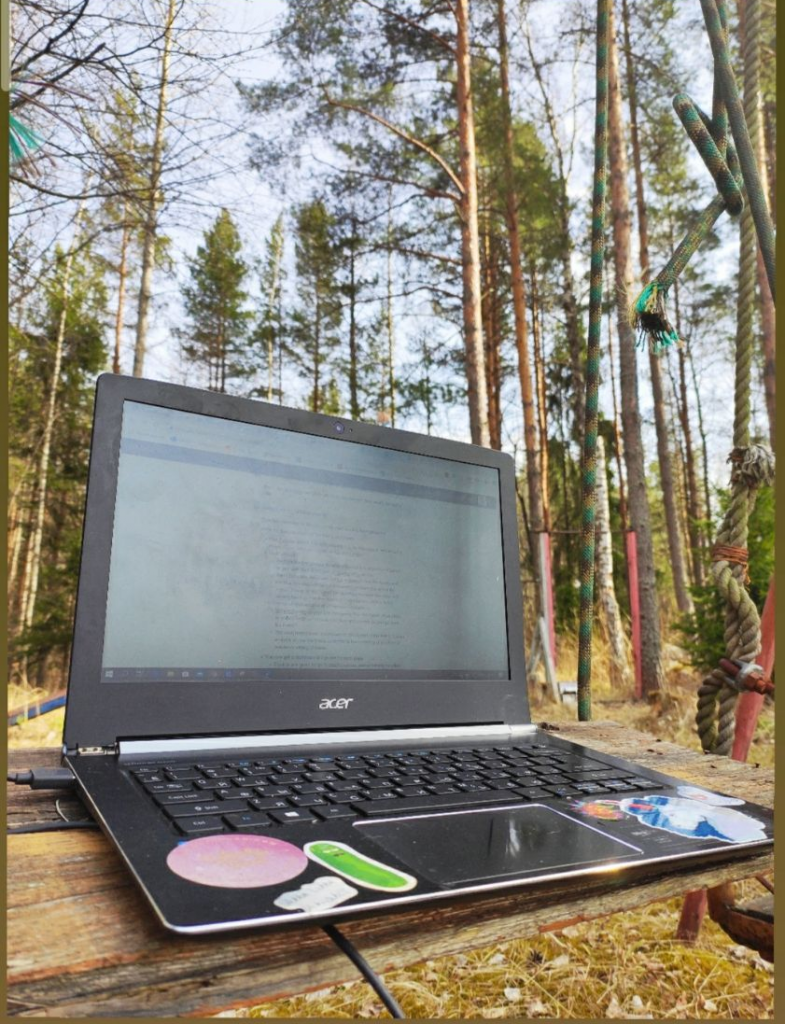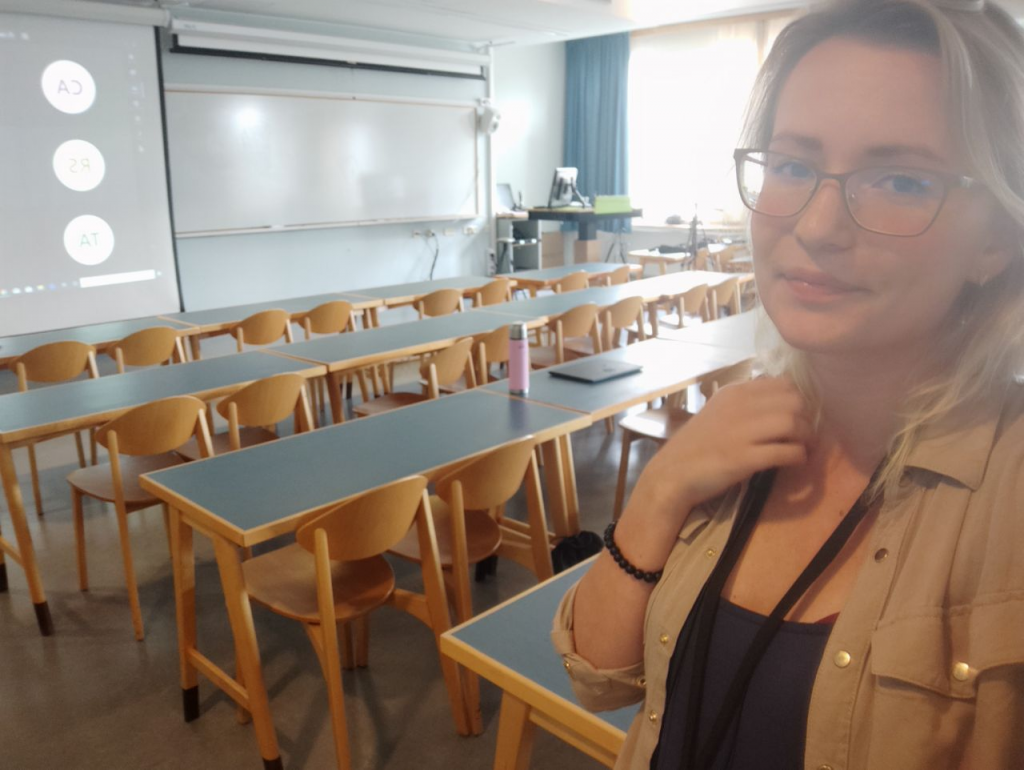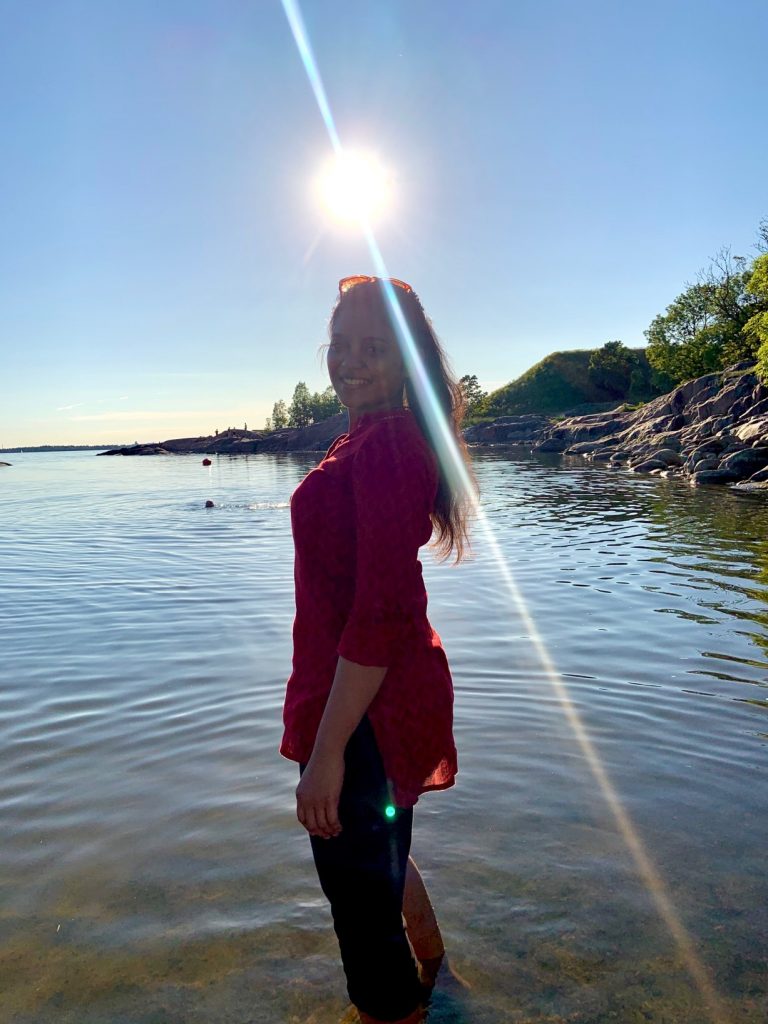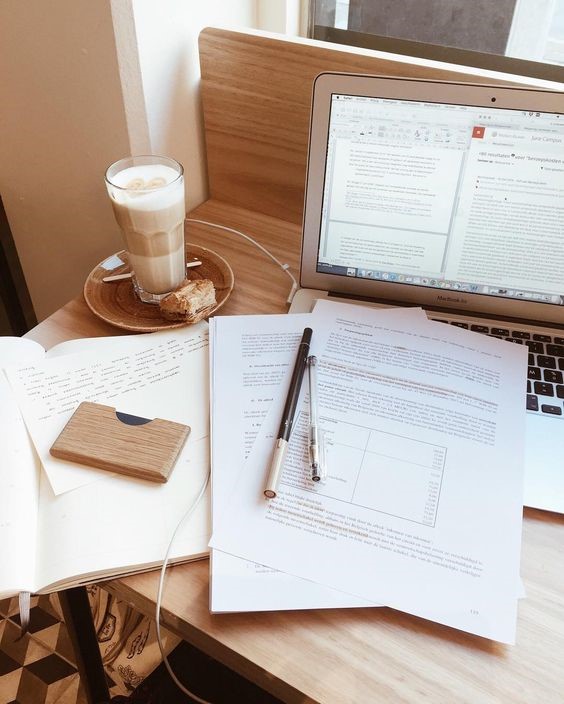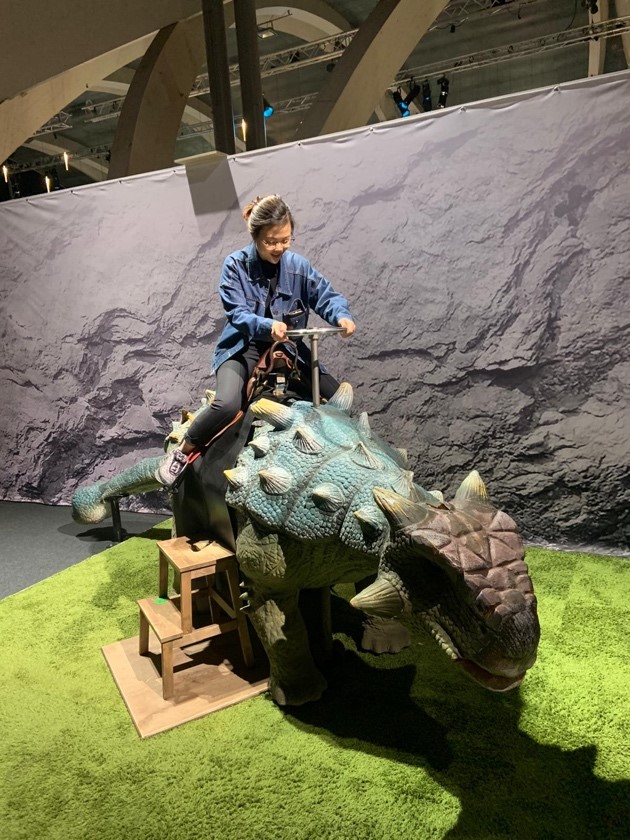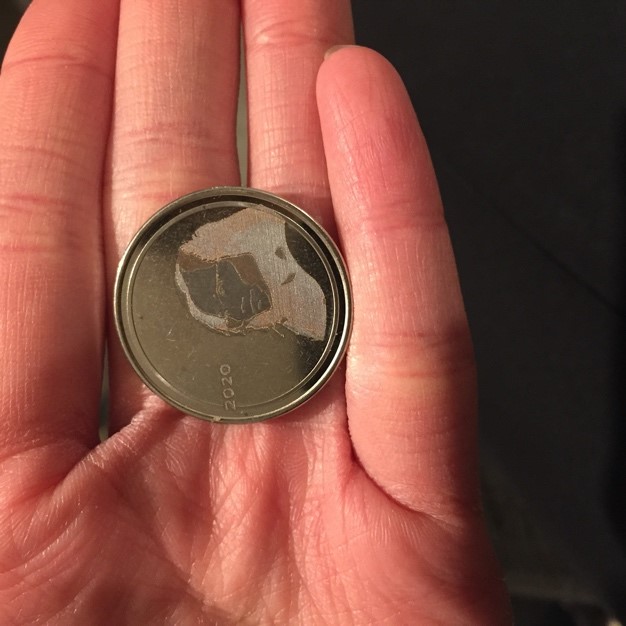Hello, dear
readers! Jitesh here, again!
In
February, I wrote my first Nordic Brilliance blog post (link here). A lot has happened between then and
now. Covid decided to enter our world
and change it in ways that we are yet to fully grasp. I just hope that you and
everyone close to you has been able to stay safe!
For this
piece, I decided to write about trying to find my “sisu”. This word has kept me
constant company ever since a Helsinki tour guide last year explained that
there are three “S” important to all of Finland: Sauna, Sibelius and Sisu.
The
interesting starting point about describing this Finnish word, is that there is
no proper translated equivalent for it in the English language. Quite a few
people seem to have different interpretations for what it means, but there’s no
one standard agreed upon definition. Some say that sisu stands for grit
or determination, some others that it is a philosophy of life, and there even
seems to be a legend that one must not talk about sisu, rather just
acknowledge that they have it.
I’m happy
to report that I have absolutely no idea about which interpretation is right,
or if there’s actually a means to find out ! The way I have come to understand
it, is that sisu is about having the resolve to keep going on, no matter
what. We may have various reasons for doing what we do, but sisu is not
just about the reasons, but rather it is the feeling that we must actually
complete the tasks we set out to do, no matter how adverse the situation around
us might be.
And well,
surely the situation around us in the recent past has been quite adverse! The
pandemic has been tough on everyone. The most basic things that we took for
granted, like going to class together, or enjoying a meal together, suddenly
became a risky endeavor. We had to be isolated from each other to ensure our
collective safety. International students like myself, even had to take the
hard call to not go back home because travel itself had become a risk to both
ourselves and our families. Ever since the restrictions were announced in
March, I have been coming to terms with the new realities of life in this
post-pandemic world, where interactions with others are limited, and distance
learning/distance working have become the norm.
But still,
in these times of adverse circumstances, here’s how I’ve tried to find my Sisu:
Finding
courage: Like for everyone
else, the pandemic laid waste to the plans that I had for the summer and
beyond. Life suddenly hit a reset button, and here I was, with no clue as to
what would be coming next, and no certainty about how things will turn out in
the future. But it was in these very moments, that I came to realise on a
deeper level, the importance of sisu. Simply feeling helpless would not
solve anything. The first thing to do was to find the courage to plan the
journey ahead. Only by finding the strength within me to face the situation,
could I actually face the situation!
Friends and family: One thing that I reminded myself constantly was that I was not alone in this. Even being away from home, the friends I had made, especially those at Hanken, were more than willing to help me out with the situation. And I also tried to offer a helping hand wherever possible. I have to say that the way I have bonded with the people around me this summer, I have made friends who I’ll cherish forever because they came through in the toughest times of isolation in a foreign country. Another thing which cannot be stressed enough, is the importance of old friends and family, whom I could connect with through the internet. Even in virtual forms, their company has been essential!
Help from Hanken!: Hanken itself, did a commendable
job in handling the crisis, and continues to help students out in dealing with
the pandemic. There have been constant updates about the measures being taken
by Hanken, and guidance on the dos and don’ts of daily life. The shift to
remote learning has been almost frictionless, and the rules for attendance and
teaching have been modified to make room for the students and teachers. Knowing
that Hanken is looking out for me, helped me feel safer.
Self care: To find strength to persevere, one’s
physical and mental strength need to be intact as well. I have tried to keep a
regular routine throughout this period, with walks in less populated areas and
a little exercise at home. I also constantly watched self help content from
Kanopy, whose subscription is provided free to Hanken students. It has good
resources for stress management and self care. I also have been in touch with
the Finnish Student Health Service, which provides healthcare services for all
students in Finland, Hanken students included!
Summer/online courses: even though the number of
classes reduced, the number of online courses and summer courses increased. I
had a lot of fun doing the course called Communication, Learning and
Cognition: An Alliance for Professional Success. It was a pilot course
whose basic premise was to make students discuss about what learning means to
them. I highly recommend the course to everyone because it seriously is
something exceptional and thought provoking!
To conclude, I think that this time period has been one of
tremendous growth for me. The situation of the pandemic has been unprecedented
in every sense of the word, and we all need to continue to find the strength to
deal with it. I don’t know whether I have understood the true nature of Sisu in
the time I’ve spent in Helsinki, but I sure can say that I have at least found
my own version of it while dealing with the Covid situation.
Thank you for reading! As always, feel free to reach out to
me at Jitesh.Gupta@student.Hanken.fi.
